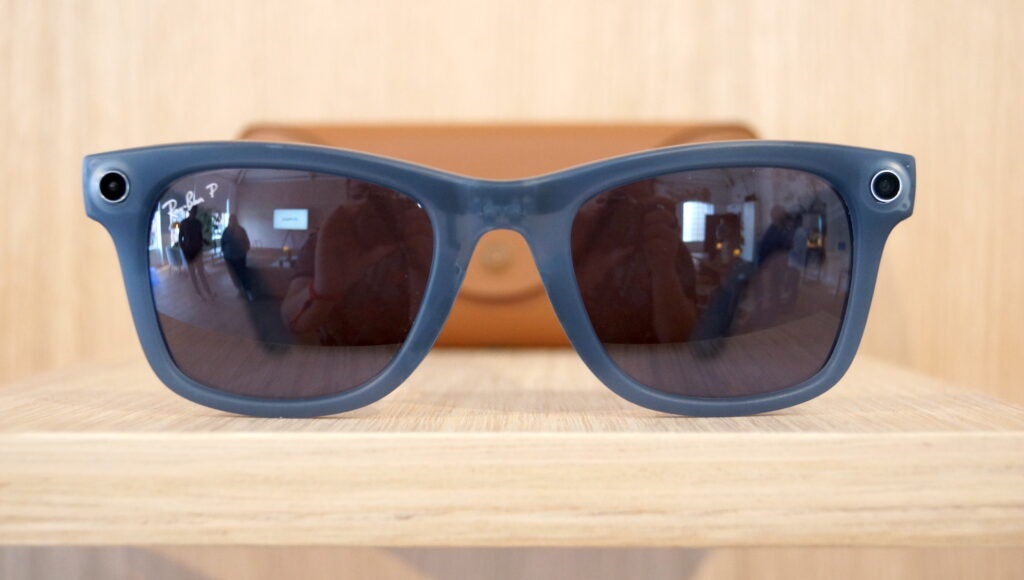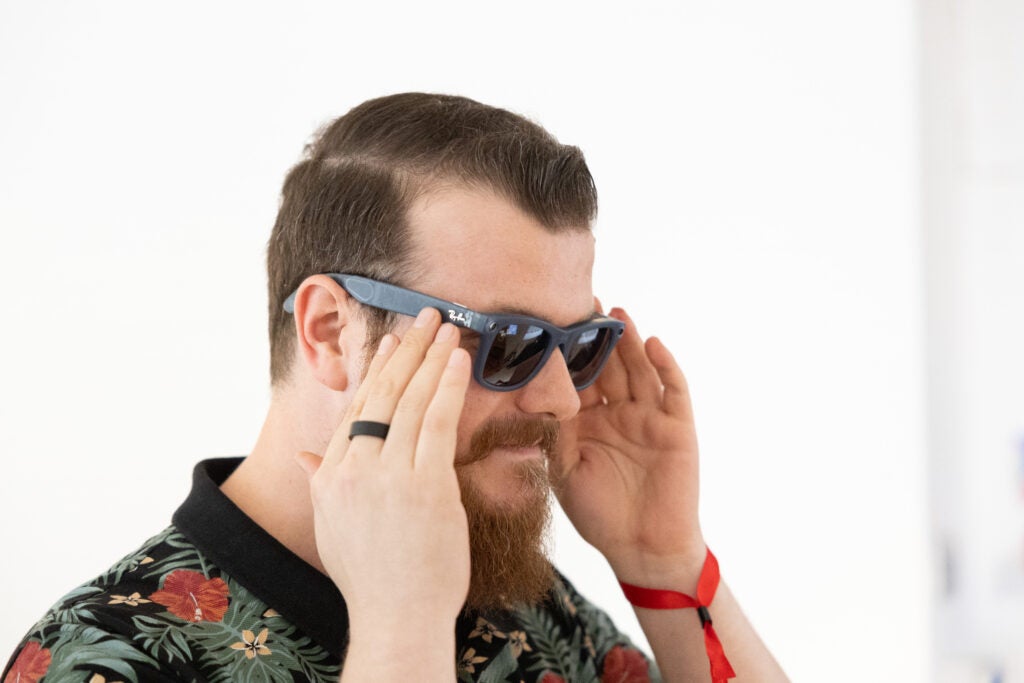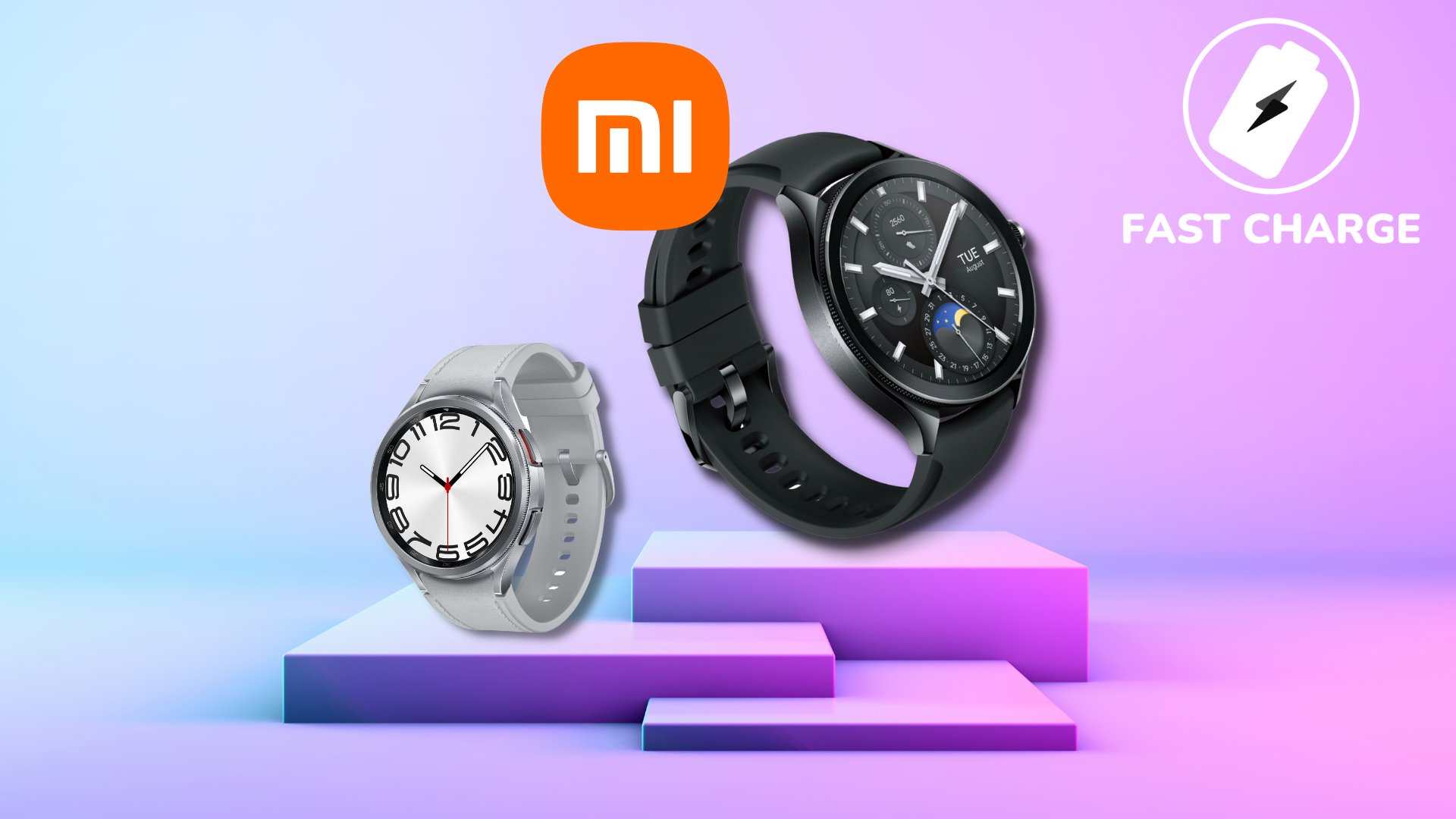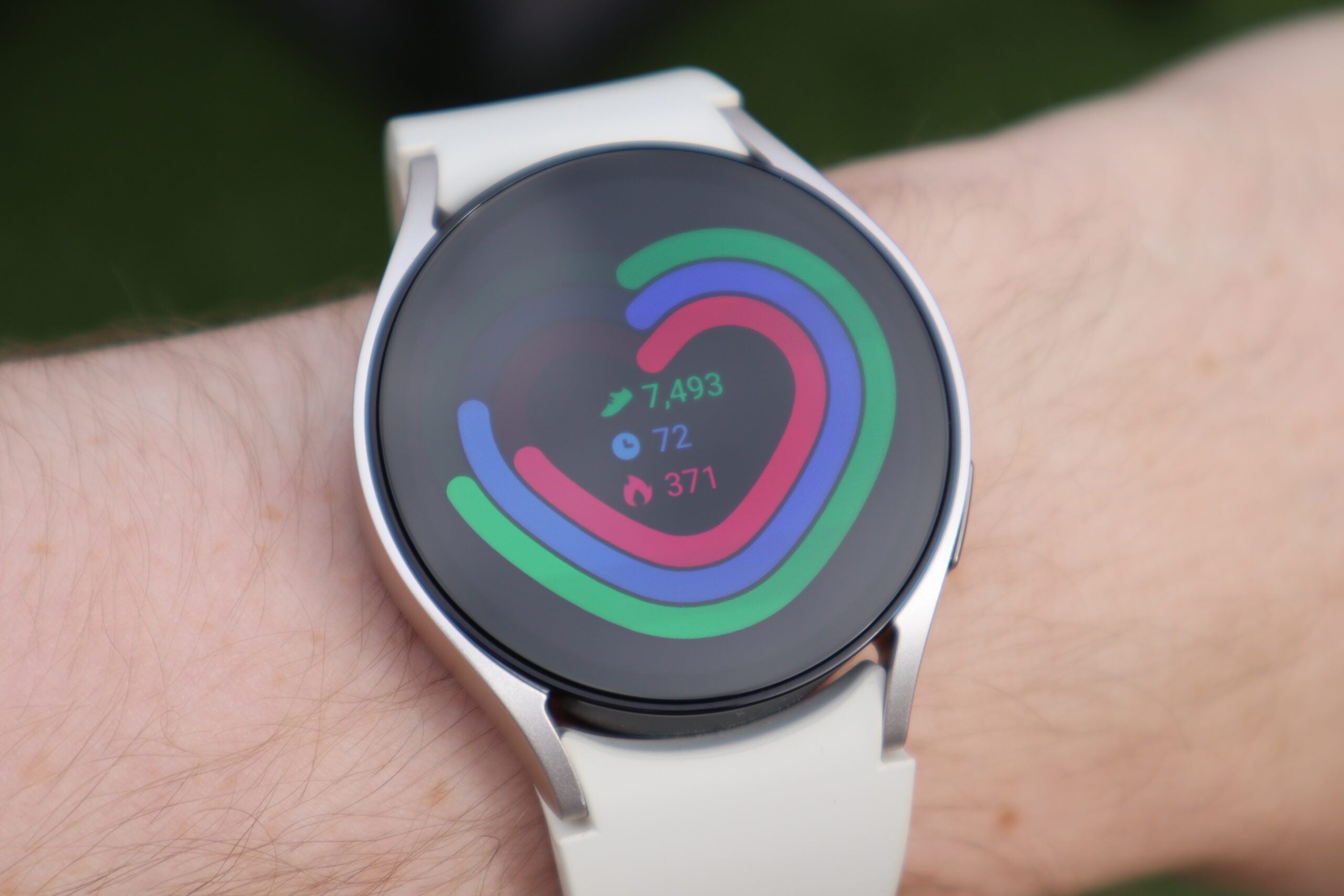
OPINION: An eerie trend is continuing to grow in the consumer technology sphere, where we’re not only being inundated with new products seemingly every month but we’re being encouraged to make them an integral part of our everyday lives.
I find it hard to be critical of emerging technology trends, as you don’t want to accidentally fall on the wrong side of history. I remember my mother being massively critical of the first iPhone, noting, “This will never catch on”. Cut to sixteen years later and the word Apple is more synonymous with Tim Cook than the fruit itself.
But, with certain products, you have to approach them with a healthy level of scepticism, and that’s how I’m feeling about the slow rise of smart glasses. Amazon has just updated its smart glasses range with the Echo Frames (3rd Gen) and now we’re seeing Meta and Ray-Ban team up once again with the Ray-Ban Meta Smart Glasses.

On the face of it, these are exciting announcements. The Meta glasses come with an upgraded Qualcomm AR1 Gen 1 Platform chipset, a 12-megapixel camera and a 5-mic system. Ray-Ban’s involvement also means that the glasses themselves look good, with no sci-fi theming or bulky add-ons – a far cry from the disaster that was Google Glass.
But, once I looked past the stylish design, I couldn’t help but feel uncomfortable with the idea of smart glasses as a whole. The announcement of Meta’s new generative AI chatbot, Meta AI, didn’t help. It’s akin to having an Alexa or Siri-like entity strapped to your face. I’m not sure about you, but I can’t imagine walking down the high street and having a conversation with my glasses.
It gets more unnerving when you start to think about the camera abilities of the Meta Smart Glasses. Not only can it be used to take POV photos and videos but the AI can actually engage with what you’re seeing. So technically, you could be looking at the sign for a train station and ask your glasses where you can go. Again, this sounds revolutionary, but I hope I’m not alone in thinking that I don’t want a faceless AI to be able to “see” what I’m doing throughout the day. And yet again, all this information can be found by using your phone or, god forbid, reading station maps in real life.
Meta is aware that smart glasses pose risks. The company released a human rights report last year that notes “salient risks” with its previous Ray-Ban Stories smart glasses since bystanders cannot reliably give informed consent to be recorded. In the same vein as these new glasses, Ray-Ban Stories can record up to a minute of POV footage. Unlike a traditional camera, however, it’s not immediately obvious that anything is being recorded from the glasses.
Multiple European regulators, including Ireland’s Data Protection Commission and Italy’s privacy watchdog Grante, commented that the small LED light on the smart glasses is not enough of an indicator that anything is being recorded. The new Meta glasses sport a slightly bigger light that now also flashes, in an attempt to alleviate these concerns.

And it seems that the overall scepticism of smart glasses is shared by the general public. A report from GlobalData shows that the demand for this technology is still very low on the consumer side, even forcing some well-funded start-ups to exit the market entirely. A report from The Wall Street Journal also cites internal data that claims the first-generation Ray-Ban Stories sold 300,000 units in total but only have 27,000 active monthly users.
Statistics from Statista show that interest in smart glasses has steadily increased over the years, but it’s unlikely that the technology will truly catch on until all of the privacy concerns have been ironed out.
And maybe that’s a good thing. There is something to be said about smart glasses being used in instances where using a normal handset isn’t possible – like for people with disabilities or motor problems – but the idea of everyone walking around chatting with their glasses just doesn’t sit right with me.
If companies do manage to alleviate privacy fears, cut down the prices to a more manageable number and give real reasons for smart glasses to exist, then I guess we’ll all have no choice but to jump on the bandwagon. But until then, I’m very happy to stick to my regular glasses and keep all of my conversations to the real world, as the alternative is just too reminiscent of Black Mirror for my comfort levels.
Ctrl+Alt+Del is our weekly computing-focused opinion column where we delve deeper into the world of computers, laptops, components, peripherals and more. Find it on Trusted Reviews every Saturday afternoon.
The post Ctrl+Alt+Del: Meta’s Smart Glasses push is very short-sighted appeared first on Trusted Reviews.
from Trusted Reviews https://ift.tt/gT0bsnX
via IFTTT






Comments
Post a Comment